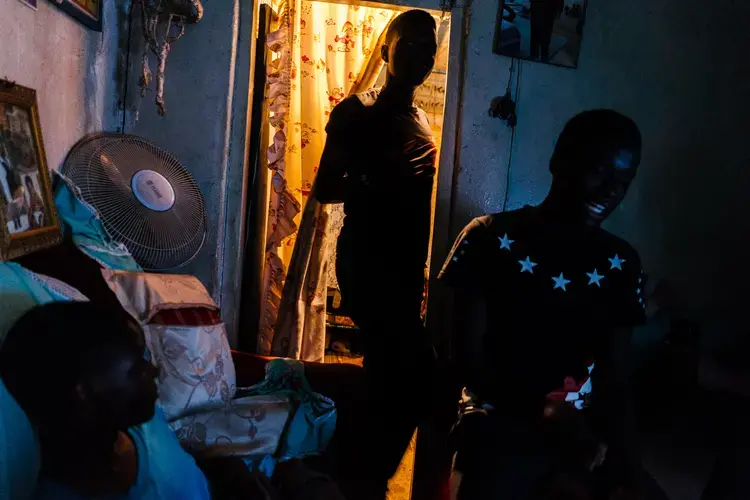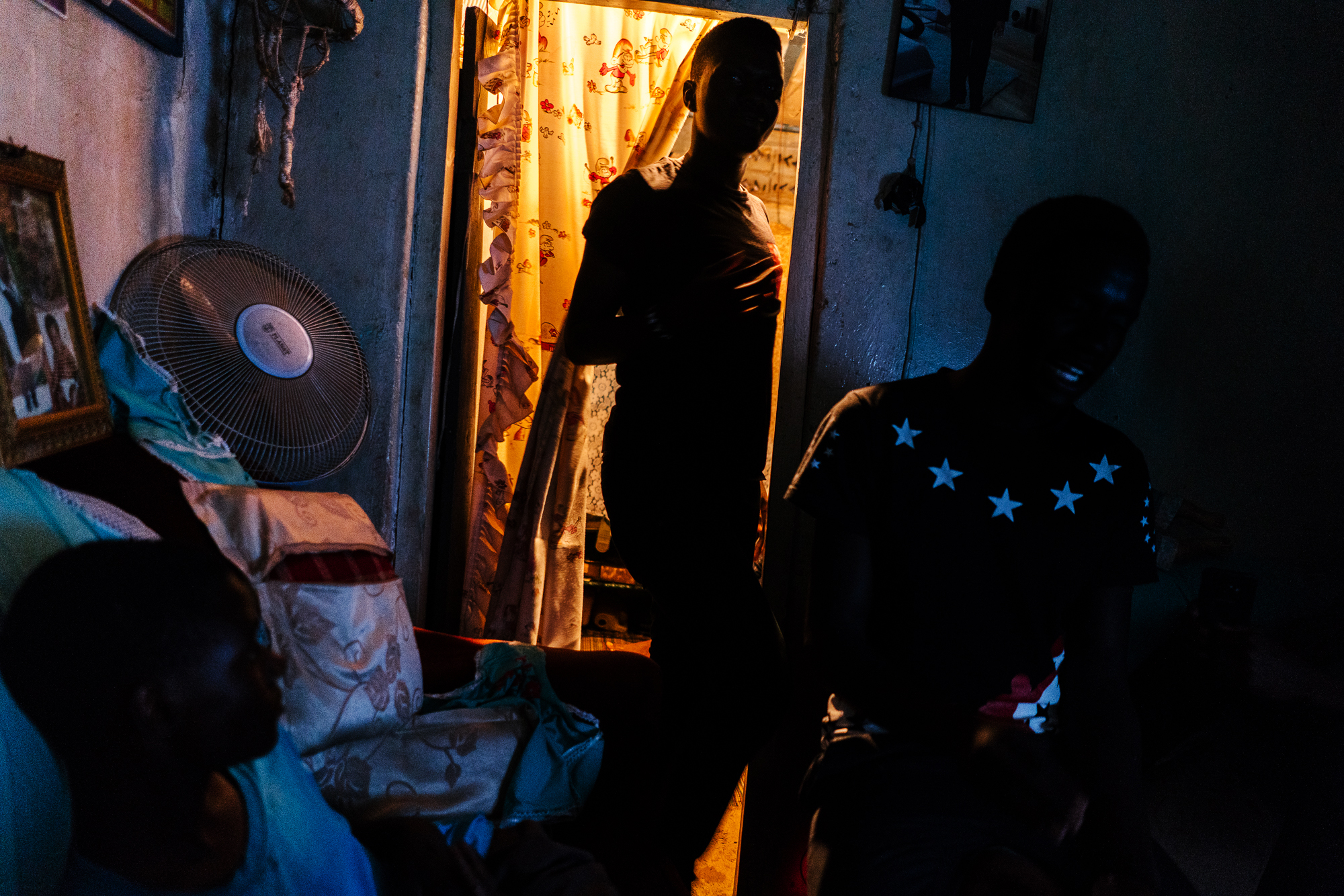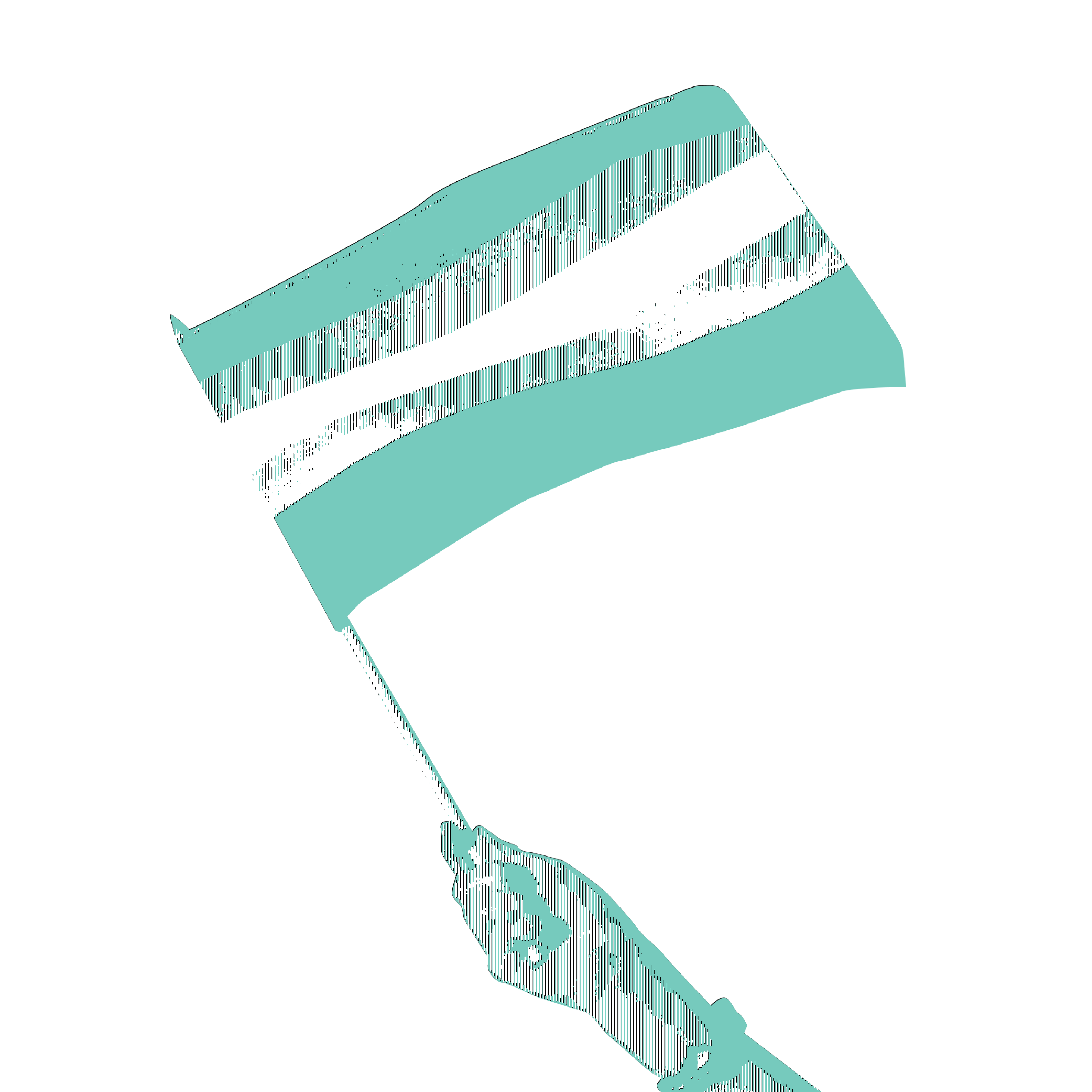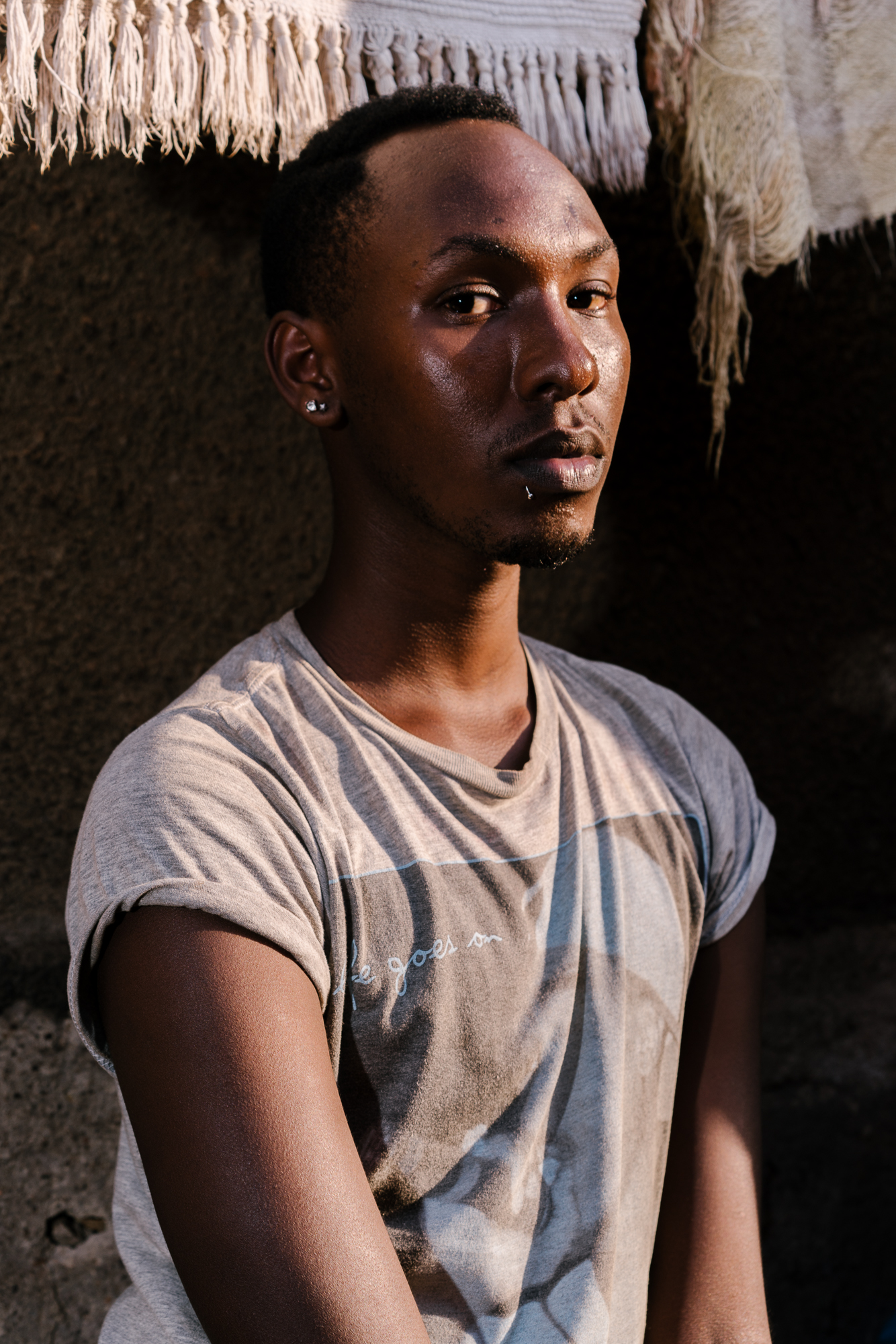
Hajjati has to be constantly vigilant. She is a young transgender woman who runs an advocacy organization for transgender sex workers in Kampala, and the stakes are high. There are a handful of cameras trained on the entrance to her office’s compound at all times, and she is careful to wear masculine-presenting clothes in public.
“As an activist in Uganda, you wake up everyday and you say, ‘I have not had an attack.’ That is a blessing,” Hajjati said. She pointed out that life for everyday queer people can be even riskier.
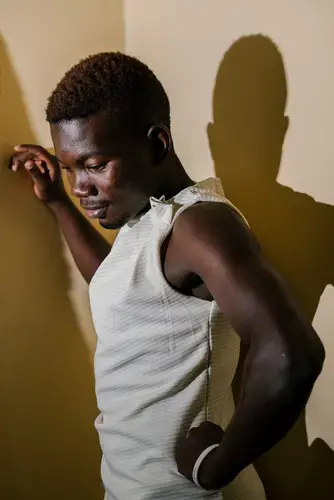
For the past couple of years, I have been working on a project about the LGBTQ+ community in East Africa. As a gay white cisgender man dropping in on the lives of the LGBTQ+ community in Kampala, there’s a limit to the depth of understanding I’m able to reach, and the nuance of information I can bring to others. I’m largely exempt from the hardship faced by the American LGBTQ+ community of a generation ago, and that which queer and trans people of color face today. But the police raids, street harassment, and brutal violence they know are writ large in the lives of the LGBTQ+ community in East Africa, and I wanted to connect what I see as the legacy of trauma and resilience that links LGBTQ+ communities around the world.
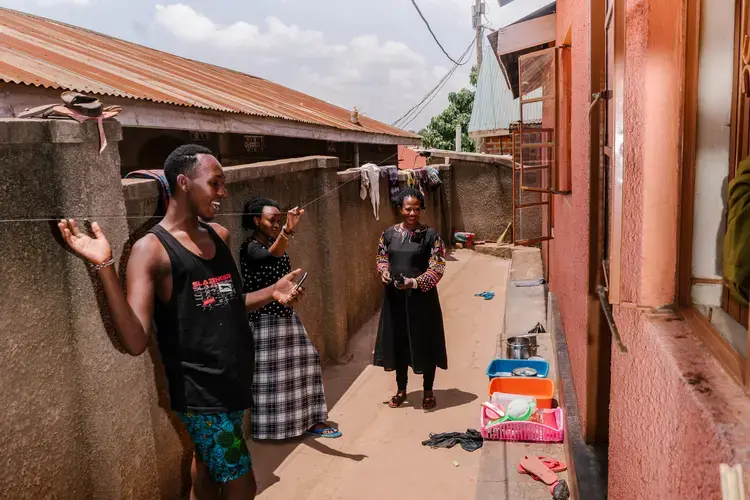
The security risks for the LGBTQ+ community in Uganda are due to conditions brought on, at least in part, by the “Anti-Homosexuality Act” and its aftermath. The Ugandan president, Yoweri Museveni, signed the bill into law in 2014, and among other things, it punished “the offence of homosexuality,” with life imprisonment. Earlier drafts had included a death sentence for certain homosexuality-related crimes. The law drew huge international outcry and enormous attention to the anti-LGBTQ+ climate in Uganda. Uganda’s highest court did strike it down on a technicality a few months later. But in the years since the Act, the LGBTQ+ community has been forced to reckon with the local visibility the bill brought them.
When I arrived in Kampala earlier this year, I found that the attention from the bill had brought a lot of good, especially for the activist community. But at the same time, that visibility on a local level created a violent reaction among the general public, and the queer community is struggling to deal with the flip side of that recognition. “There’s a lot more visibility for the LGBTI community because we have the space to talk to people,” said Leticia Opio, founder of Queer Youth Uganda and a transgender woman who herself was attacked on Christmas Eve last year. “But that does not mean the attacks have stopped. No, the more people who know you, the more at risk you are.” In a way, the intense rhetoric around the bill made more Ugandans aware of the existence of the LGBTQ+ community there, and the backlash soon followed.
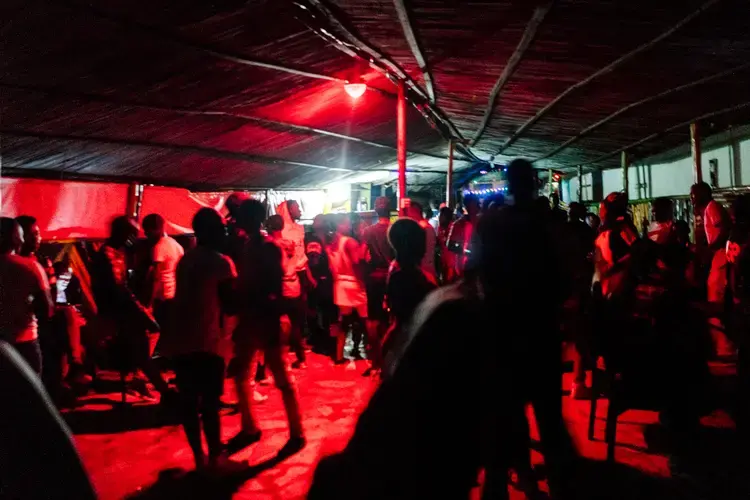
Harassment, evictions, and beatings by mobs are on the rise, according to LGBTQ+ folks. Then there’s the kidnapping ring in Bwaise, where four gay and transgender Ugandans were kidnapped, beaten, and extorted for money in late December.
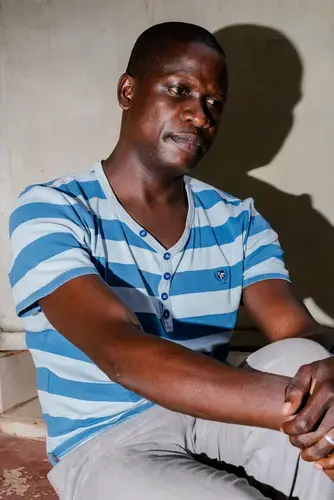
After spending time with many in the queer community in Kampala, I realized that, in a way, Hajjati is one of the (relatively) lucky ones — she has the support of her mother. At a pride event last year, Hajjati’s mother saw her dressed in women’s clothes, but without a bra. So her mother took off her bra and gave it to Hajjati to wear. Though Hajjati is intimately familiar with the stakes of being LGBTQ+, that support is invaluable. Others aren’t so lucky.
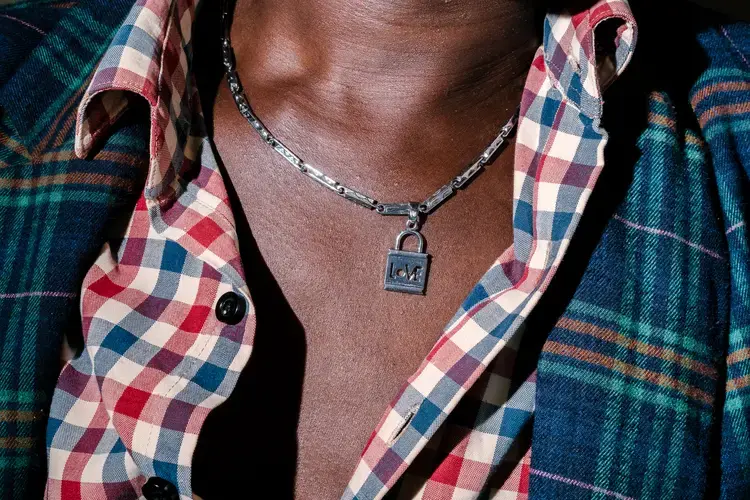
In one dense and maze-like neighborhood of Kampala, I turned off the main road into a warren of alleys lined by one-story buildings crowded on top of one another. As the sun set, I followed Henry Love, my guide and founder of the group Children of the Sun, through a jagged tin door and then through another smaller door, and found myself in the center of a cramped living room full of young LGBTQ+ people.
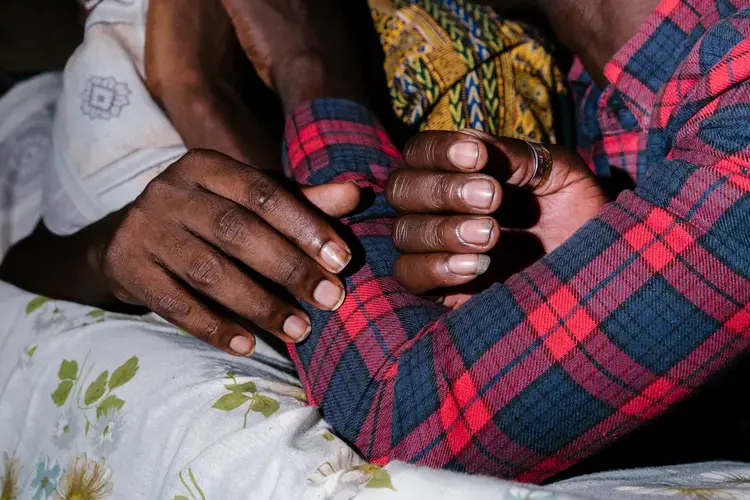
The room, and the tiny bedroom visible through the door on the other end, served as a safe house for a dozen queer youth, run by Love and Children of the Sun. Many there fled the wrath of their families who chased them away after learning they were LGBTQ+, though others came for community and companionship. For the young people staying at the house, the group had become an adopted family of sorts. At the end of every day, they gather around, pile onto the couch, and share a meal. A few months after I met them there, Children of the Sun had to shift the location of the house due to security concerns. They are together in a new location and hope they are safe there, but for most, the future remains uncertain.
